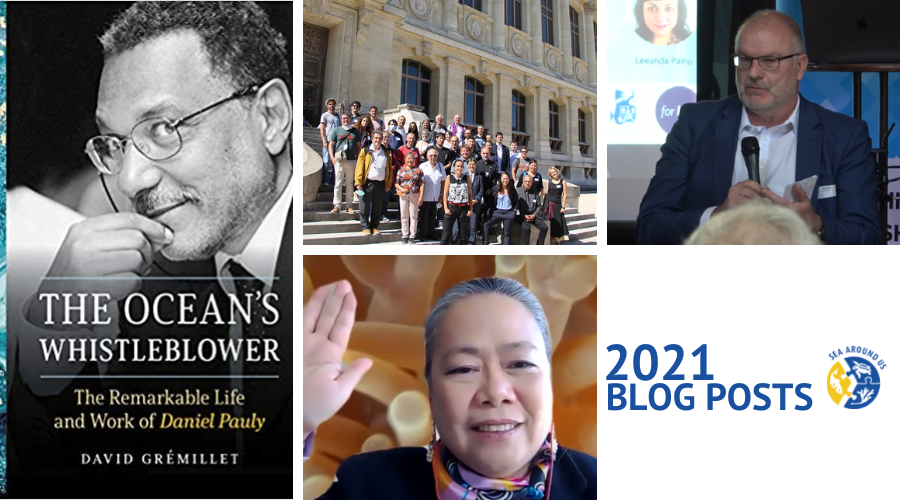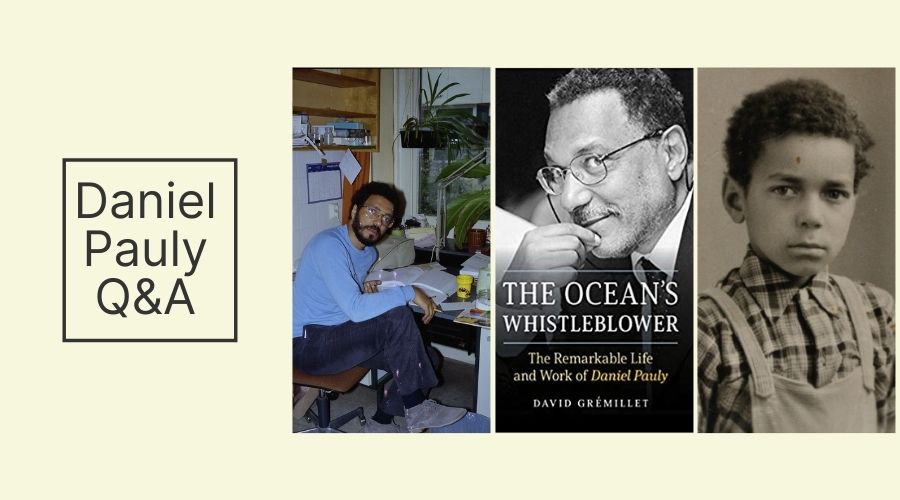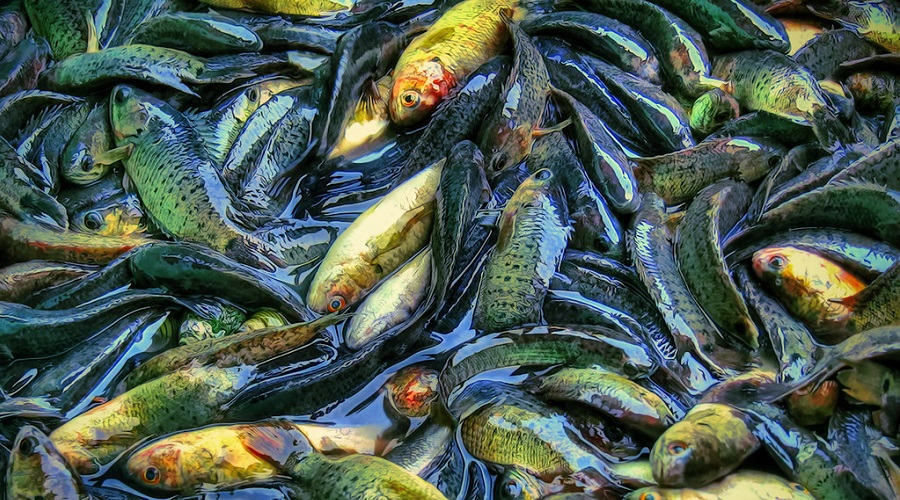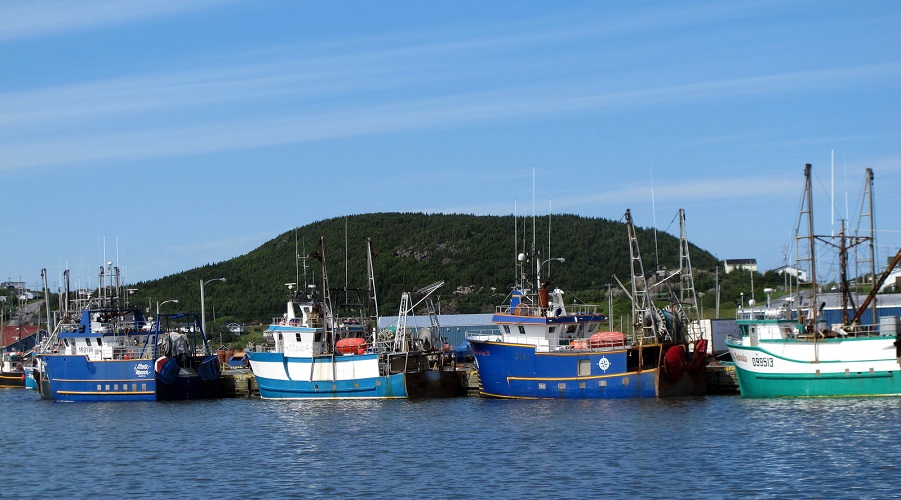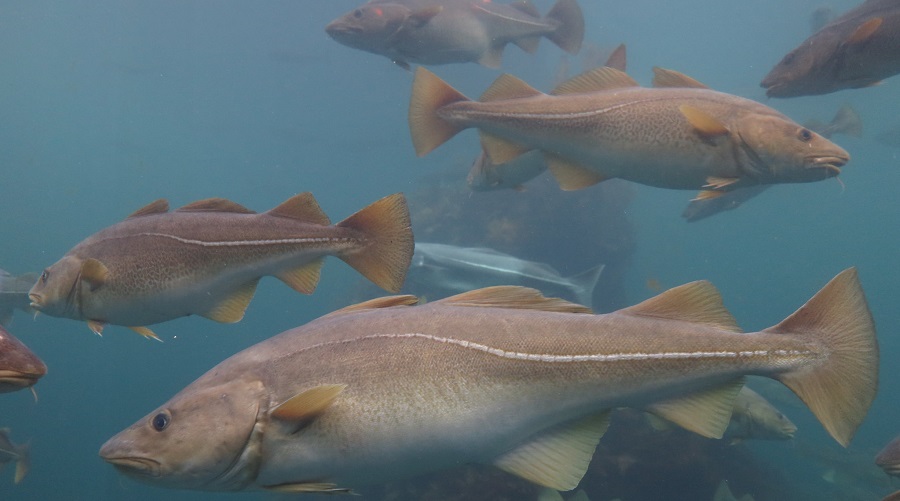
Atlantic cod (Gadus morhua) is among the fish species maturing and spawning earlier in the “spring” reproductive season, due to higher water temperature. Photo by GRID-Arendal, Flickr.
Fisheries managers and researchers may now predict how early fish will spawn in response to warming waters due to climate change, both in the oceans and in freshwaters.


